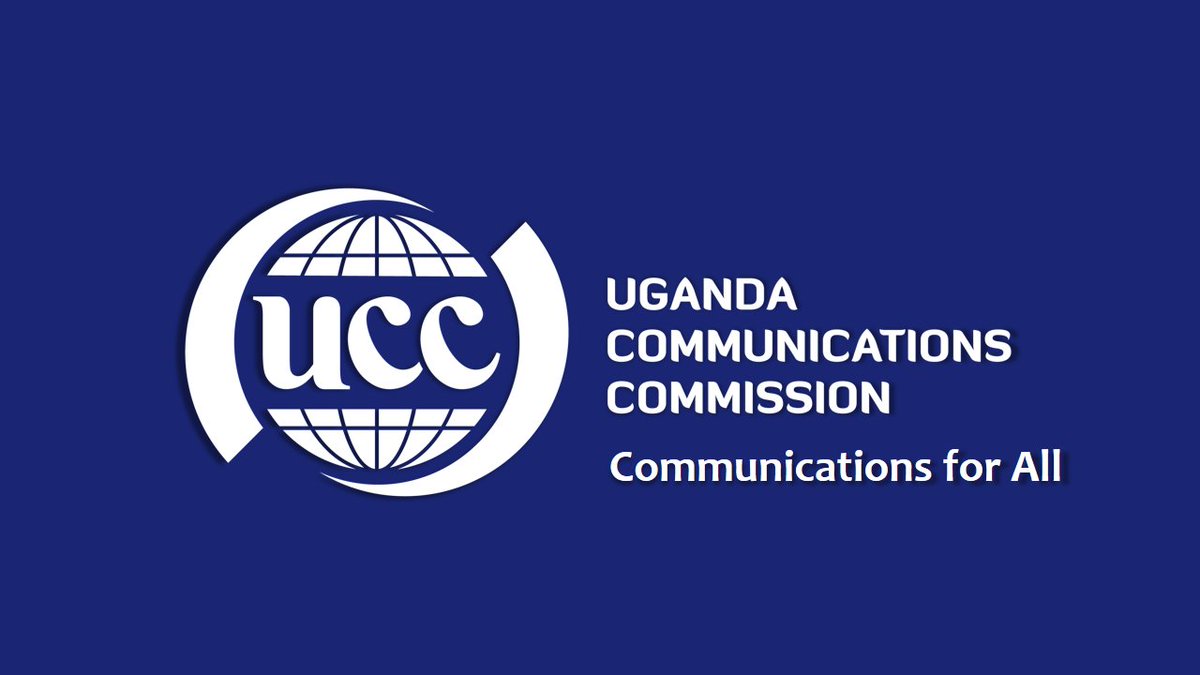@drawandstrike @HNIJohnMiller @catesduane @rising_serpent @Debradelai @GodlessNZ @almostjingo @tracybeanz @TheChiIIum @hfinch63
state.gov/r/pa/prs/ps/20…
This LOE directly addresses the challenges of increasing strategic competition, and enables the U.S. Government to prioritize allocation of its resources to overcome those challenges.
• Effectively compete with strategic competitors by providing allies and partners with alternatives to foreign defense articles in order to maintain U.S. influence in key regions;
• Prioritize and expedite critical transfers that reflect these partner capability requirements;
• Develop holistic policies in support of arms transfers by creating proactive, strategic policy guidance to prevent ad hoc decisions on individual transfers.
This LOE ensures that the Executive Branch is organized, staffed, and resourced to best support efficient execution of the conventional arms transfer policy, and that its processes are similarly aligned.
• Streamline the International Traffic in Arms Regulations (ITAR), with the goal of reducing regulatory burdens for U.S. industry and barriers to the commercial defense trade;
• Develop financing options to support foreign partner procurements of U.S. defense articles.
The intent of this line of effort is to ensure that Congressional, business, and international climates foster efficient operation of U.S. defense trade.
• Improve the FMS requirements development approach to assist foreign partners in better identifying desired capabilities;
• Reduce costs associated with FMS such as surcharges and fees;
The Administration is assessing progress on a quarterly basis, and revising the plan where needed. We continue to solicit input from industry, non-governmental organizations, and Congress to improve the arms transfer process,




